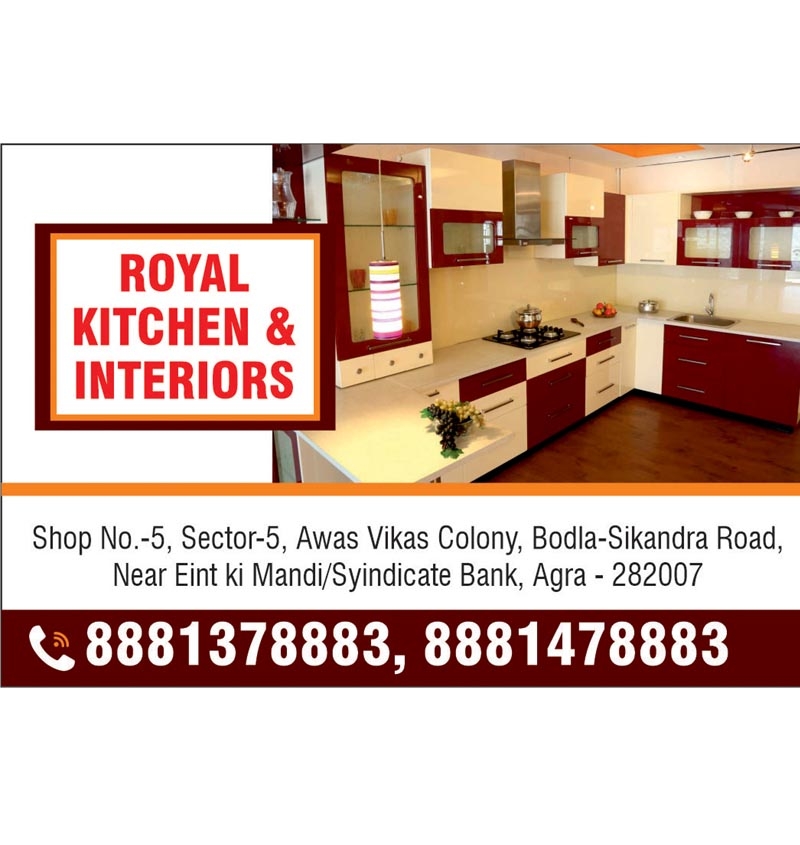Kitchens can be broadly categorised into factory-made modular kitchens and carpenter-made conventional kitchens. Since both these kitchens come with their own pros and cons, there are debates and questions on which option is better and why. Although modular kitchens are in high demand, make it a point to check for ease of use, efficiency and maintenance required in both these kitchens before you make a choice.
- Modular kitchen
- A modular kitchen is manufactured in factories in the form of ready-to-install modules that are easy to transport and assemble at site.
- These kitchens are a combination of tall units, wall storage units, overhead cabinets, drawers and shelves, including space for built-in appliances and so on.
- The kitchen modules are flexible and can be assembled to fit pretty much any design you like, such as L-shaped, U-shaped, parallel and gallery kitchens.
Pros
- Expert professionals design the modular kitchen, customising it per the requirements of the homeowner.They ensure maximum functionality and optimum space management. During the design process, 3D views are generated as per the proposed design and colour selection so that the homeowner can visualise the overall design of the kitchen before fabrication.
- A modular kitchen imparts a sleek, high-end modern look to the home.
- If the homeowner plans to shift to a different location, the kitchen modules can be easily dismantled and reassembled at the new site.
- Modular kitchens come with a flawless factory-made finish. The edgebanding (where raw edges of the cabinet panels are finished with a thin strip of wood or PVC) gives a neat and seamless look as it does not form sharp edges or corners in the cabinetry.
- These kitchens have a transparent pricing. Once the design and finishes are finalised, the cost is calculated and fixed by the manufacturer.
- Since a modular kitchen is factory made, it ensures a fuss-free and neat installation at site.
Cons
- A modular kitchen is more expensive than a carpenter-made kitchen.
- Once the design is finalised and the kitchen goes into production, no changes can be incorporated.
- Do not go for modular kitchens made with MDF, because this material may disintegrate when exposed to moisture and the hinges may loosen over time.
- Carpenter-made kitchen
- These kitchen are constructed by carpenters as per the requirements of the homeowner. The best part of carpenter-made kitchens is that traditional panelling, mouldings and cornices can be incorporated within the design of the kitchen, as in the image above.
- The entire job can be handed over to the contractor on a turnkey basis or the homeowner can purchase the raw materials and get the work done on a labour-contract basis.
Pros
- A carpenter-made kitchen can be fabricated using different finishes, colours, patterns and countertop materials.
- The fabrication of the carpentered kitchen is more cost-effective and affordable in comparison to modular kitchens.
- Unlike modular kitchens, alterations can be made when the carpentry work of the kitchen is in progress. Additionally, the homeowner can keep a check on the quality of the materials that are being used to construct a carpenter-made kitchen.
Tip: It is advisable to get the kitchen designed by a professional and then get it fabricated by a carpenter, to ensure good aesthetics and maximum utilisation of space.
Cons
- The final quality of the kitchen mainly depends on the skill and workmanship of the team of carpenters.
- Since these kitchens are fabricated at the actual site, a lot of mess, noise and dust is generated at site, which might cause inconvenience to the homeowner.
- The cabinets are fixed permanently onto the wall which makes it difficult to dismantle the kitchen if the homeowner plans to shift to a different location.
- A carpenter-made kitchen can take between six to eight weeks or more for completion.
- The cost of a carpenter-made kitchen may vary from the original estimate if there is a change in the choice of materials, slow progress in the work by the carpenters, delay in procuring the raw materials or a slow selection process by the homeowner.
Note: Carpentered kitchens can also function as semi-modular kitchens. How? Modular kitchen accessories can be purchased separately so that the carpenter can fix the kitchen accessories in the cabinets and drawers of the kitchen.
Therefore, modular kitchens are more efficient in terms of design, ensure maximum utilisation of space and a hassle-free installation. It is highly recommended for modern homes, especially for compact apartments.



















Your Message